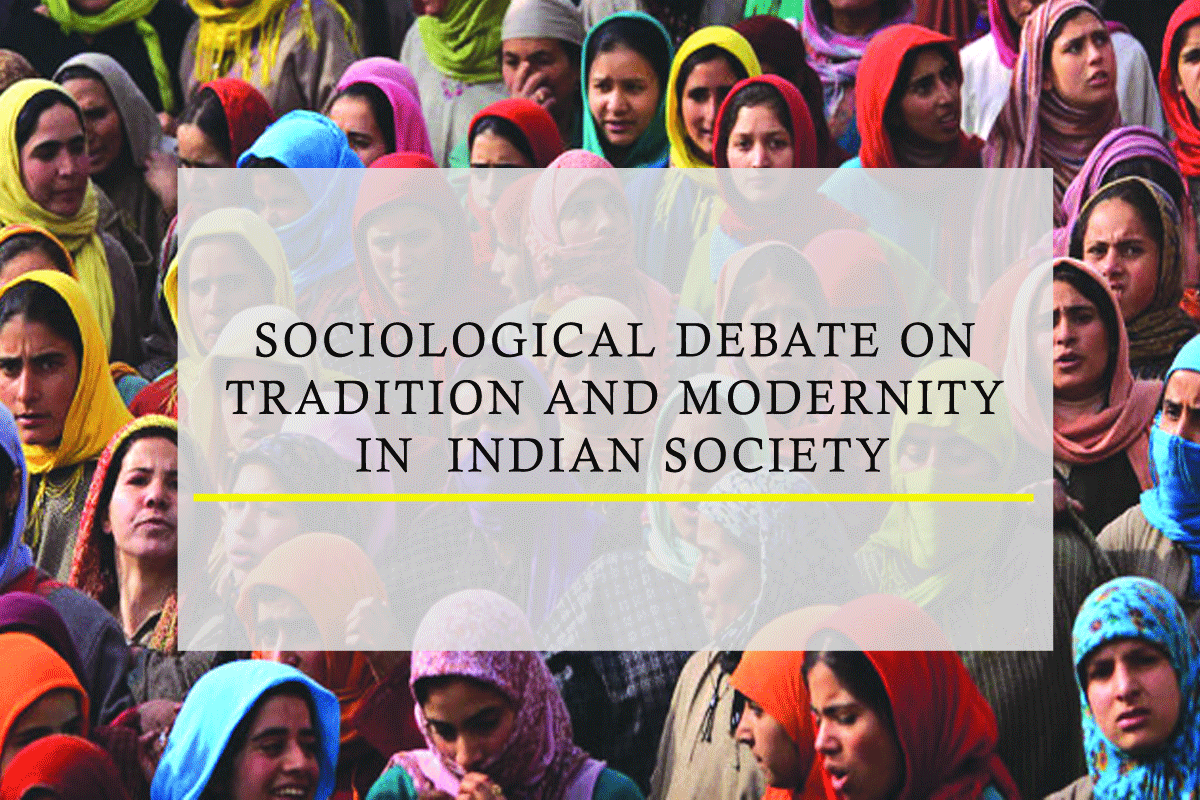Dhirendra Nath Majumdar (1903-1960) began his career as an anthropologist at Calcutta University, where he received his Master’s Degree in 1924. He joined Lucknow University in 1928 and stayed there for the rest of his life. His initial interest at Lucknow was in ethnographic tradition. He studied the customs and beliefs of tribes and castes.
His understanding of Indian traditions, therefore, came through his study of tribals. Close to his interest in tribal groups, he also conducted studies of Indian villages. As a social anthropologist, Majumdar’s area of interest was culture. He tried to construct development of local cultures out of his study of tribal groups and villages. In this effort of his study, he was drawn to the central role of traditions in the development of culture. The content of his culture, naturally, was tradition.
His statement in terms of the relationship between tradition and culture is given below:
The past must be understood in the context of the present, and the present will stabilize the future if it can find its fulfillment in the moorings of the past. There was no golden age; there can be none in the future. Life is a process of adjustment and in its unfolding, it has thrown out individuals who are misfit and the latter have both helped and hindered cultural progress; the misfits are misfits in the context of a dynamic setting, and if only, the misfits could be fitted into the structure of life, the process that is life will continue to unfold itself, adjust and march as to man’s destiny through an integration and synthesis that constitute the core of the dynamics of culture change and culture crises.
Though the ideological perspectives of D.P. Mukerji and D.N. Majumdar are different – the former being a Marxist and the latter a functionalist, both agree to a synthesis of tradition and modernity. D.P. talks about adaptive changes to modernity whereas Majumdar argues that those who are misfits to modernity will be obliged to fit themselves with the modernizing system.
However, it must be noted that D.P. was much oriented to philosophy and economics and Majumdar was essentially a field worker. Because of his field experience, he referred to modernity in terms of ethnographic tradition belonging to customs and traditions of tribes, castes and villages.
Main Article : SOCIOLOGICAL DEBATE ON TRADITION AND MODERNITY IN INDIAN SOCIETY


One comment